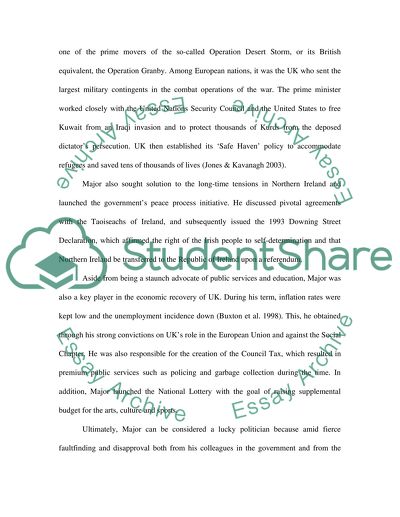Cite this document
(“First Woman Prime Minister of Great Britain Essay”, n.d.)
Retrieved from https://studentshare.org/politics/1577059-british-politics
Retrieved from https://studentshare.org/politics/1577059-british-politics
(First Woman Prime Minister of Great Britain Essay)
https://studentshare.org/politics/1577059-british-politics.
https://studentshare.org/politics/1577059-british-politics.
“First Woman Prime Minister of Great Britain Essay”, n.d. https://studentshare.org/politics/1577059-british-politics.


